Cassandra
My mother was diagnosed when she was 57.
I knew as soon as she failed the basic test with our family doctor. I felt like I was in physical pain—like someone had punched me in the gut and knocked the air from my lungs. I couldn’t stop shaking but I was trying so hard to hide it to protect her.
For the most part, the health-care workers we’ve encountered have been great. However, some would ask my mom questions—which at this point, she couldn’t answer basic questions—so they would get annoyed or frustrated when she couldn’t respond. Even where she is now in long-term care, some of the staff have said things like “You know you’re not supposed to do that” or “Don’t you remember?” It really shocks me.
Upon hearing the news of my mother’s diagnosis, my immediate family was in denial. It’s such a shock to realize that someone can get Alzheimer’s disease so young. Her friends were also deeply saddened, some of whom reflected on their own mortality and their likelihood of getting this disease themselves. Really, we didn’t think you could get Alzheimer’s at 57.
Then began a long mourning process…which I’m not sure ever really ends. My family and I have had many people who no longer address my mother or talk to her. And we’ve been guilty of speaking for her as well. We would give her every chance to answer the question she’s asked and then try again with fewer words or with pictures that she can point to. If then, and only then, that these didn’t work, her alternate decision-maker would step in.
We’ve also been warned quite a lot that mom will get violent. I’m aware it’s a possibility with the disease, but I personally disliked the assumption that it would happen. My mom is the sweetest lady, and if she does start to get upset, I know to simply redirect her. To this date, my mom has never been “violent.” Not once.
In the earlier stages her Alzheimer’s, my mom would frequently state that she wasn’t stupid. “I’m not dumb,” she would say. It was heartbreaking to hear her say that because I knew that she was a smart woman. It was this awful disease that was robbing her of all that she held sacred, her wonderful mind included.
This is what made it so much more difficult for me to accept her diagnosis in addition to her age. People may expect an elderly person to be unable to answer a simple question. People may expect an elderly person to say things completely unrelated to a conversation. People may expect these, and be polite about it. But with my mom, she would get some rude looks from cashiers, waitresses, and others whenever we were in public, until I got the chance to pull them aside and explain her diagnosis. That was sad.
People understand cancer and what it means. They show up to support you. People don’t understand Alzheimer’s disease and dementia as much. It’s so isolating and lonely for the caregiver as well as for the person living with the disease. It’s also very financially straining, especially when dementia comes on so young. But the biggest thing is the loss. My mom lost the comfort of all her most cherished memories of a life well spent in her final years.
Things don’t get better; they become different. Or perhaps you just get better at accepting things. But know this, there are still many positives. When I had my second son and started to bring him around my mom, her vocabulary came back a bit. She hadn’t been able to form sentences for a while, but when she looked at my baby son, she said, “I like him. He’s funny.” Hearing her reaction made my heart melt, and I’ve been trying to soak up these moments as much possible.
Some final thoughts:
- Personal support workers (PSWs), nurses, and doctors in hospitals and long-term care homes need so much more education in caring for people living with dementia. I was told by a nurse at my mom’s long-term care residence that “[my mom] knows she’s not supposed to do that!” These comments showed me that this nurse had a complete lack of understanding about Alzheimer’s disease and also put undue pressure on my mom.
- I’ve also heard PSWs say “Don’t you remember?” And my answer to them was always, “No, she didn’t remember, and is now stressed out!”
- There is a growing baby-friendly movement, which speaks to me as someone who has young children and just had a baby. By supporting mothers and breastfeeding hospitals, I can receive a ‘Baby-Friendly’ designation. I’d like to see a ‘Senior Friendly’ designation, though I dislike the term senior—after all, my mom had this sickness before she qualified as a senior. But we need to start somewhere. This designation should start appearing in hospitals and long-term care homes, but could also expand to local businesses.
- In terms of the general public, I feel that caregivers looking after family members with young-onset Alzheimer’s or dementia should speak up more. Use social media, have open and honest conversations with people, and reach out to others who can open up to you. Write to your MP, and educate the world around you.
- Because I’ve been so open about my own situation, I’ve had many people approach me that otherwise wouldn’t have done so. If even a single person changes how they treat someone having a hard time answering a question or following directions, I think it will be worth it.
Media
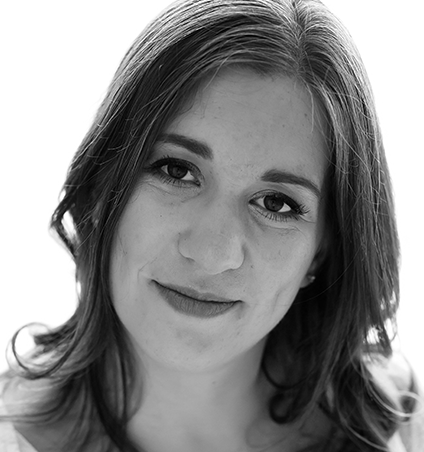
HERE ARE MY TIPS TO HELP YOU UNDERSTAND:
- She does not have an ‘old-timers’ disease. My mom was diagnosed with Alzheimer’s disease at 57, but it had obviously been going on for years before then. No one had thought to consider dementia in someone living in their early 50’s.
- She needs patience and understanding. If someone is saying something that doesn’t make sense or is out of context, please give them the benefit of the doubt, even if they don’t look ‘old.’ That person could be experiencing any range of mental health issues, and everyone deserves respect.
- Caring for someone with Alzheimer’s disease is hard. They can’t always understand why they need help, and sometimes you can’t reason with them. It’s heartbreaking. Imagine your own mother not remembering who you are.
- The grief never ends. It just gets different. I spent months looking at long-term care homes. I felt good knowing that this was the next and necessary step for my mother. But when the call finally came, I broke down…my mom is going into long-term care at 58. She never got to travel. She won’t get to see my sister or brother get married. She will never really know her grandchildren.
- Dementia takes a toll. Before her diagnosis and while my mom was going through all the testing and screening, we hoped for a brain tumour. I know that this might sound harsh or offensive. But knowing that it was a brain tumour would give her, and us, a chance that something could be done about it.
-
More Stories
-
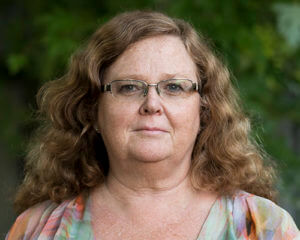
Jane
2019
Ontario
-
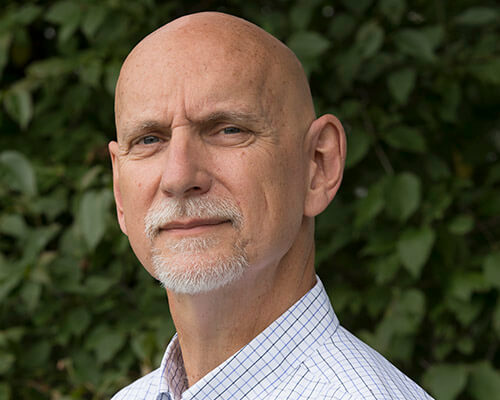
Keith
2019
Ontario
-
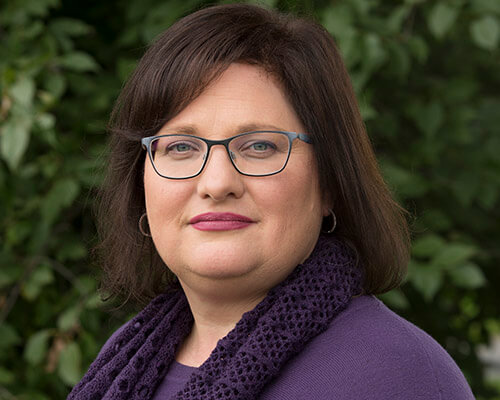
Robin
2019
Ontario
-
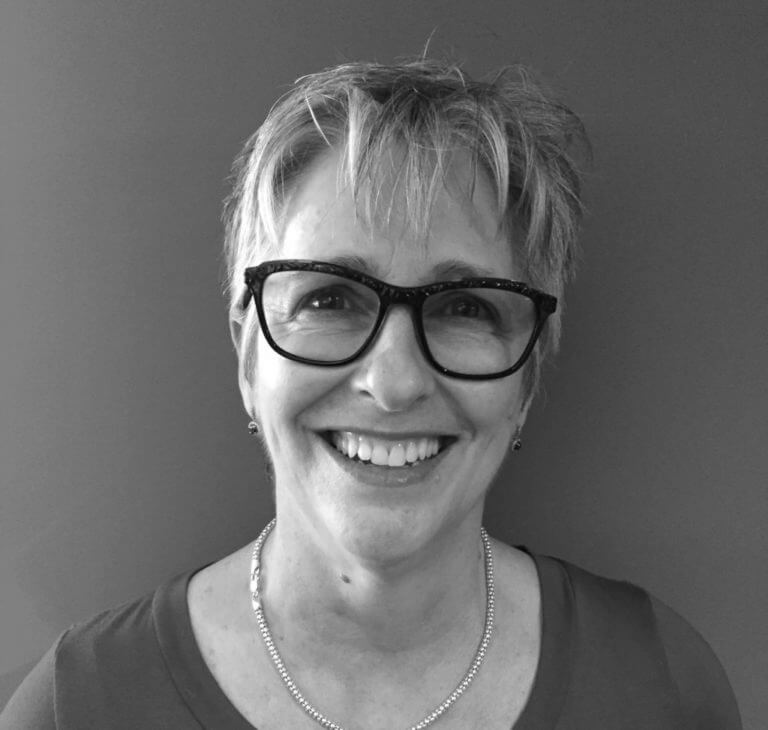
Shelley
2018
Ontario

Comments
We may use your information in order to track your relationship with us and our site(s). We do NOT share your information with third parties.